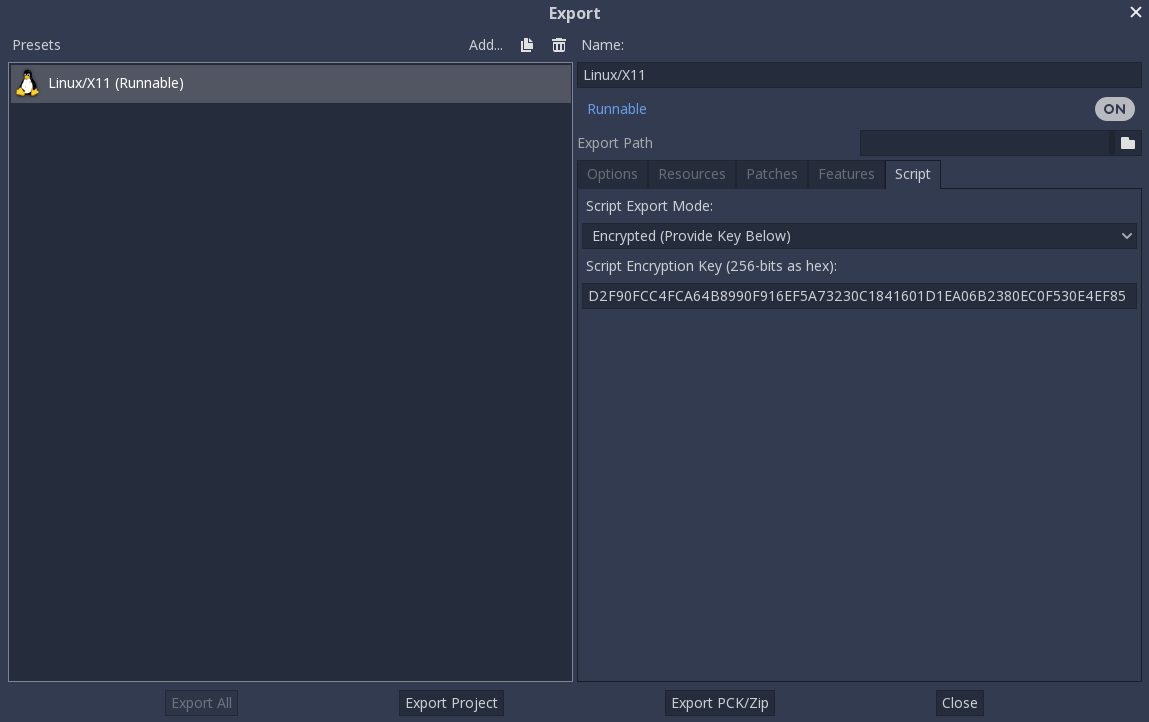

Md5 encoding custom salt free#
Feel free to share if you found this useful 😃. Every character in a Base64 string contains 6 bits of information, because there are 64 possible values for the character, and it takes 6 powers of 2 to reach 64. We have now successfully hashed our string using the md5 algorithm ✅. This tool can be used as a tool to help you decode many encryption methods. A unique md5 hash 😃 console.log(hash) // 1c211d131453e023d101c40f2c3372e0 Supports Secure Hash / Message Digest such as MD5, SHA-1, SHA-256, SHA-512, encoding / decoding of Base64, Base62, https.

hash the string // and set the output format const hash = md5Hasher.update(str).digest( "hex") We can define it using the digest() method on the object returned from the update() method like so, // get crypto module const crypto = require( "crypto") Finally, after calling the update() method we need to define the output format for the hash. This means that an attacker can try billions of candidate passwords per second on a single GPU. Not because of MD5s cryptographic weaknesses, but because its fast. Using salted md5 for passwords is a bad idea. It is called update() since it also accepts a continuous stream of data like a buffer. You should not use MD5 or SHA1 for hashing (even with a salt) as they are proven to be insecure. hash the string const hash = md5Hasher.update(str) It can be done like this, // get crypto module const crypto = require( "crypto") create a md5 hasher const md5Hasher = crypto.createHmac( "md5", secret) Īfter creating the hasher, you need to use the update() method in the hasher and pass the string to hash the string. In our case, it is md5 as the first argument and the secret as the second argument to the method. Now we need to call the createHmac() (The Hmac in the method stands for Keyed-Hashing for Message Authentication 🌟) method to create the hasher and pass the hashing algorithm's name we need to use as the first argument and the secret or salt string as the second argument to the method. secret or salt to be hashed with const secret = "This is a secret 🤫"

Md5 encoding custom salt generator#
please mind that STRING is case sensitive Try also the GDPR SHA256 + MD5-SALT Hash generator online for lists to pseudonymize (aka pseudonomize) PII. string to be hashed const str = "I need to be hashed using MD5😃!" the hash rule is: hash SHA256 (SALT (STRING)+STRING). get crypto module const crypto = require( "crypto") Create MD5 String: 10 Passwords are stored in Moodle in an encrypted form, called an 'md5 hash' It can be used to easily obtain digests of strings and files using a large variety of algorithms including MD5, SHA-1, and SHA-256 SHA1 generates an almost-unique 160-bit (20-byte) signature for a text Multi-Devices (Utilizing multiple devices in same system. Now let's make a string that needs to be hashed using the md5 hashing algorithm and also make a secret or a salt string that needs to be provided with a hashing function to add more secrecy 👽. To create a MD5 hash, you need to import or require the crypto module and use the createHmac() method in Node.js.įirst, let's require the crypto module in Node.js, // get crypto module const crypto = require( "crypto")


 0 kommentar(er)
0 kommentar(er)
